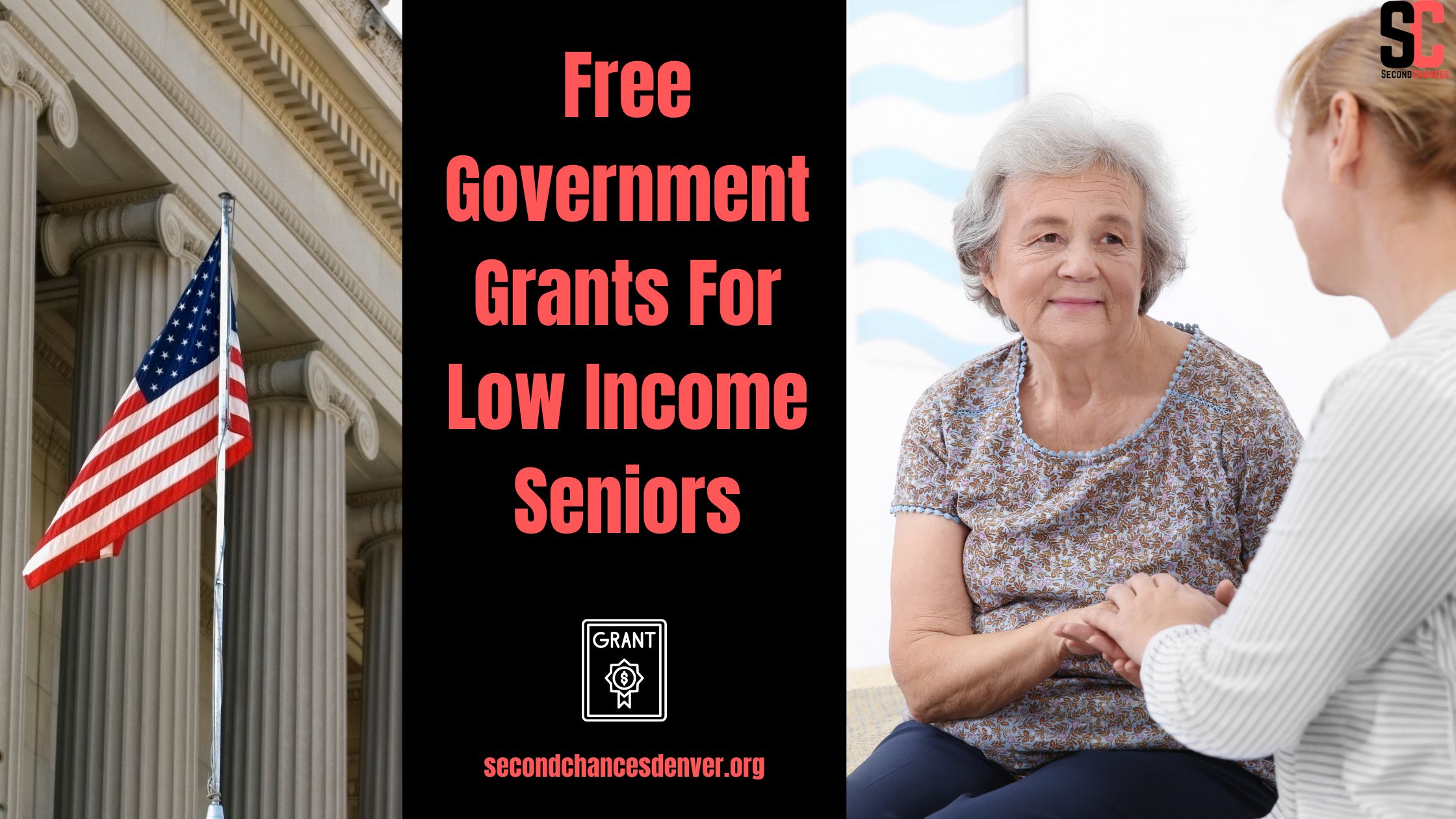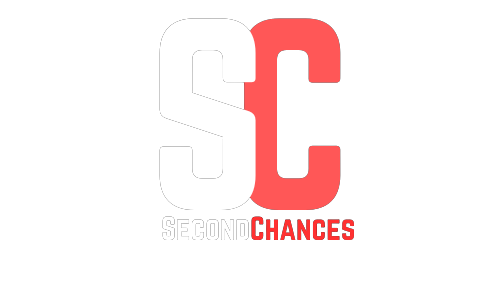Are you looking for Free Government Grants For Low Income Seniors? If yes, you’re on the right page.
There are thousands of public and private programs available to pay for health care, prescription medications, food, and utility bills for Low Income Seniors. Millions of older adults fail to take benefit of these programs because they don’t know about them or how to apply.
The assistance may take the form of a voucher, a discount on goods, or a free or reduced-price service. Most of these resources are available nationwide through federal, state, and local benefit programs.
This guide provides you with all the information about Free Government Grants For Low Income Seniors. What are free government grants, how do they work, and how can they be obtained?
Let’s begin.
Table of Contents
Low Income For Seniors: What Does It Mean?
An individual’s geographic location and family size determine whether their income is “low.”
A low- and moderate-income senior is defined by NCOA (National Council on Aging) as one whose income is less than $30,000. According to data from the United States of Aging Survey, 40% of seniors ages 60 and older have low-to-moderate incomes. The low-income population is made up of…
- Over the next 5-10 years, 46% are not confident that their income will cover their monthly expenses
- There is a 32% confidence that they will be unable to cover unexpected expenses
- There are 41% of Americans who are not aware of all the benefits and programs available to them.
In order to protect the growing population of aging baby boomers and keep poverty rates low various kinds of help are available, including coverage for health care, prescription drugs, nutrition, housing costs, and more.
How Can You Receive Assistance From Free Government Grants For Low Income Seniors?
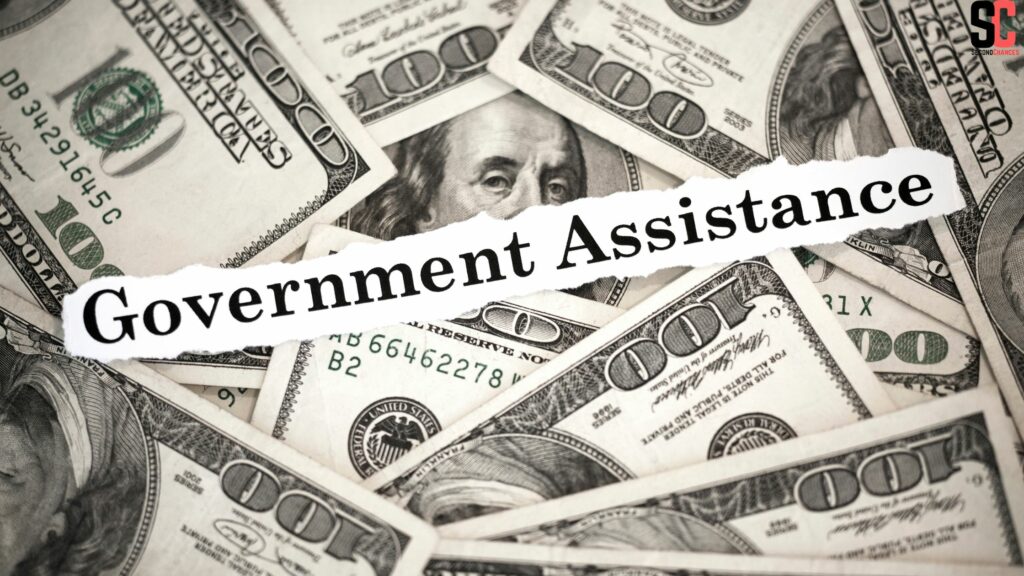
Various government programs help low-income older adults and protect their well-being, including safety net programs, welfare programs, and emergency assistance programs. It is a government assistance program or subsidy that helps low-income senior families cover the costs of everything from food to health insurance to education so that they can save their limited resources and become independent in the long term. You can get assistance from Free Government Grants For Low Income Seniors here:
What Benefits Do Seniors Get?
The elderly can take advantage of many programs, benefits, and discounts. The following programs offer free or reduced-cost options:
- The health sector
- Transportation services
- Housing assistance
- Prescription drugs
- Recreational activities
- The food and dining industry
Additionally, regarding the nationwide benefits below, check with local and state government agencies to learn more about other opportunities available in your area.
Food Government Grants For Low Income Seniors
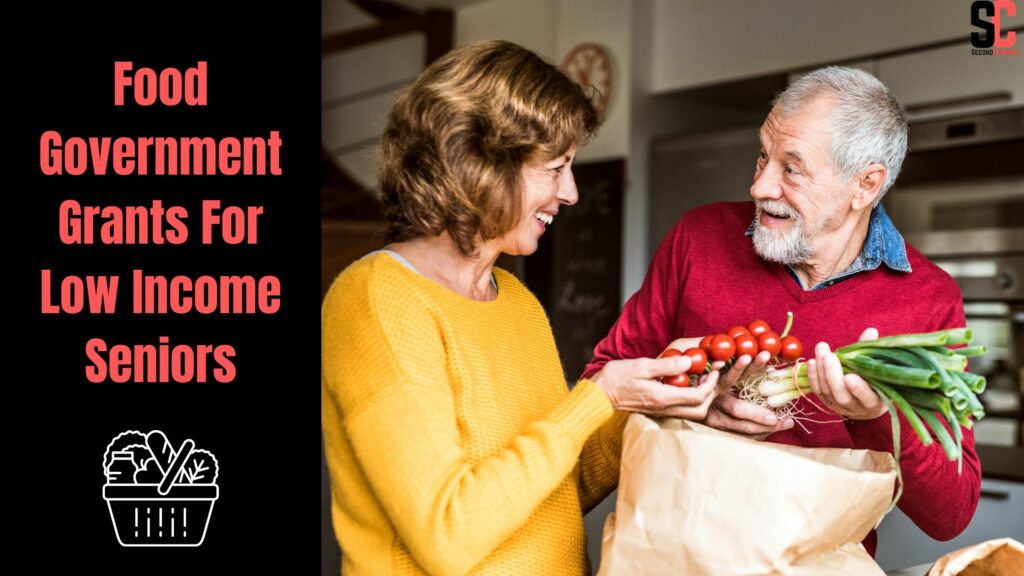
Supplemental Nutrition Assistance Program
Supplemental Nutrition Assistance Program (SNAP) provides senior assistance with a $3,000 SSI-related resource limit. SNAP, the current version of Food Stamps, sends members monthly benefits to spend at SNAP-accepting grocery stores. The goal of SNAP is to reduce hunger and increase food security.
A monthly EBT card is issued to participants to receive their benefits. SNAP cards are similar in form and function to EBT cards and can be used at any grocery that accepts them. Most grocery stores accept this method of payment.
Commodity Supplemental Food Program
As part of the Commodity Supplemental Food Program (CSFP), seniors receive monthly food boxes filled with healthy foods. The Commodity Supplemental Food Program is a federally funded program that covers senior citizens over 60 years old. Program participants will be able to obtain nutritionally adequate food for low-income seniors.
CSFP and SFMNP are USDA grants to improve seniors’ diets and reduce food insecurity. Government Grants For Low income Seniors are available by calling 1-202-645-6087 if you meet the income requirements.
Senior Farmers Market Nutrition Program
A Senior Farmers Market Nutrition Program aims to address this public health concern by encouraging seniors to purchase fresh produce from local farmers. Senior Farmers Market Neighborhood Program provides coupons for fruits, vegetables, herbs, and honey that can be exchanged with authorized farmers, farmers’ markets, roadside stands, and community-supported agriculture programs (CSAs). As part of the program, low-income seniors will have easier access to nutritious, local foods, and local markets will be expanded and developed.
Meals On Wheels
The nonprofit Meals on Wheels America provides meals, supports social integration, and eliminates hazards in older adults’ homes through more than 5,000 programs across the country. Annually, Meals on Wheels serves 2.4 million Americans.
Several older Americans would like to age gracefully in their own homes, which is also known as aging in place. A Meal on Wheels program reduces the stress of aging at home by eliminating the hassle of cooking and cleaning. Older adults receive hot meals as well as safety checks through the Meals on Wheels program. Adults will not be denied a meal because of financial problems.
Housing Government Grants For Low Income Seniors
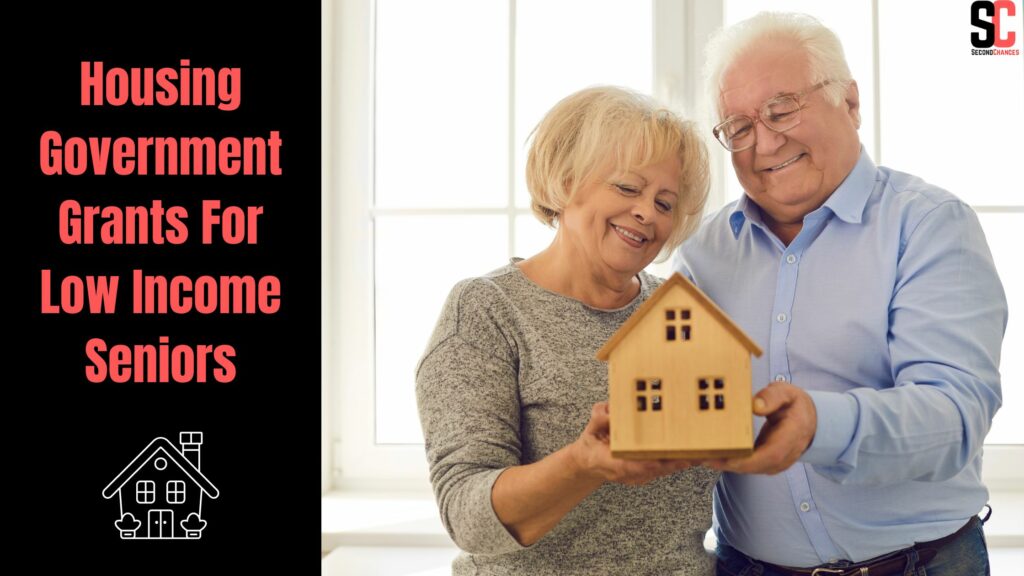
Section 8
Section 8 Housing Choice Vouchers give low-income families a chance to rent decent, safe, and sanitary housing on the private market. Once you join the program, you receive a voucher.
Once you have found a place to live, you must make sure it meets all safety and health standards required by the program. As soon as this is done, the owner of the property may be willing to rent to you through the program if your application is successful. The government will provide them with a housing subsidy, and the difference will be your responsibility.
As a result, you are able to rent a decent Apartment For Seniors Based On Income. As part of the program, participants receive vouchers and are responsible for finding suitable housing.
Section 202 Supportive Housing Program
The senior citizen rent assistance program is the only HUD program that specifically caters to elderly Americans. Program eligibility is limited to adults over 65 who meet low-income requirements. Upon approval, you will pay only 30% of your income for rent. A variety of amenities are available to physically challenged seniors who live in Section 202 rent-reduced apartments, such as non-skid floors and grab bars. Meals and housekeeping services are also available. The income of the household must be very low for someone age 62 or older to qualify. Approximately $10,000 is the average yearly income of participants.
Single Family Housing Repair Loans And Grants
Housing and roofing grants for seniors help elderly homeowners make repairs to their homes. In addition to the Single Family Housing Repair Loans and Grants, the Section 504 Home Repair Program is administered by the U.S. Department to assist seniors on fixed incomes who cannot afford to repair their homes. Several specifications and limitations apply to applicants for the program.
This government grant aims to help low-income seniors repair and modernize their single-family homes since they cannot afford a regular loan. Important fixtures such as septic systems or foundation insulation can be built.
The program covers bathroom remodel grants for seniors, home upgrades, and modernizations for homeowners who want to avoid health or safety hazards. A 1% interest rate is charged on home repair loans up to $20,000, and you can repay them over a period of 20 years. For seniors who qualify, the program offers a grant of up to $7500.
Home Equity Conversion Mortgage
This kind of loan, also known as a reverse mortgage or HECM, allows you to turn your home equity into income. However, you should be aware that this type of loan actually reduces your equity and wealth.
The HUD Public Housing program may be an option if your income is low but not low enough to qualify. It is possible to use your loan proceeds to pay for outstanding debts, property taxes, insurance premiums, or medical costs. You can obtain a HECM that is both backed and insured by the FHA. Non-recourse loans are also classified as such. It is important to understand what you are signing up for before signing up for any loan of this type, as this will reduce your overall wealth.
Medical Government Grants For Low Income Seniors
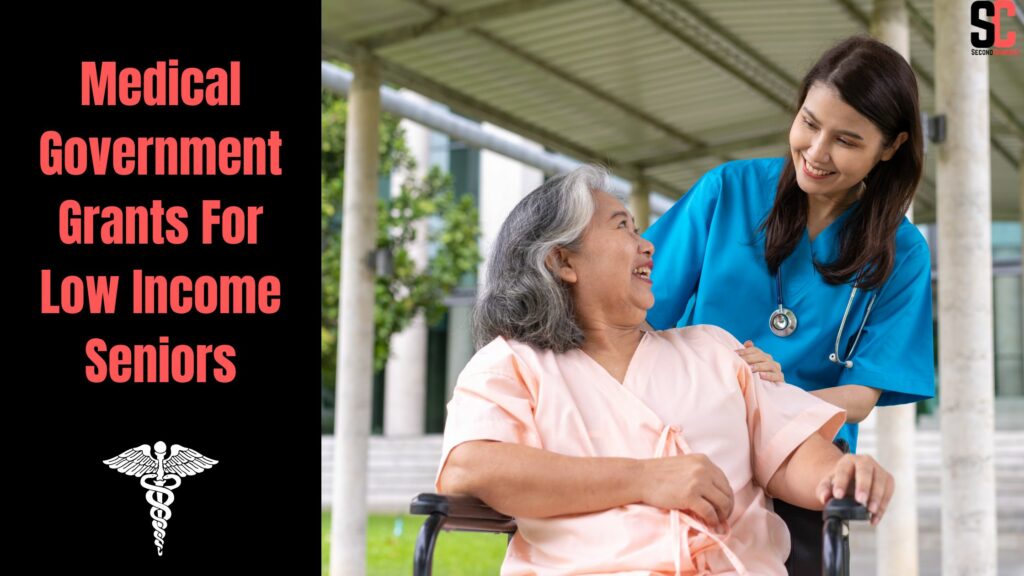
Medicare
Medicare is a federally provided health insurance program that primarily covers senior citizens over 65. It has four parts.
- The Part A of Medicare covers inpatient hospital stays and nursing care.
- As part of Part B of Medicare, patients are covered for doctor visits, flu shots, screenings, chemotherapy, and physical therapy.
- Private insurers provide Medicare Advantage Part C, which is a combination of Parts A and B.
- The Part D Medicare program offers extra help with prescription drugs and is administered by private insurers.
Medicaid
Medicare is a form of government assistance for elderly people that allows them to receive help with qualifying medical costs. Medicaid is an affordable health care plan that’s paid for both by the federal government and your state.
Medicaid covers the following costs:
- Drug prescriptions
- Medical Transportation
- A hospital’s services
- Provider visits
In order to qualify for this type of Financial Assistance Programs For Seniors, you must live in the same state where you receive Medicaid. There are many people who don’t qualify for Medicaid now who didn’t before the pandemic, so check your state’s Medicaid website.
Education Government Grants For Low Income Seniors
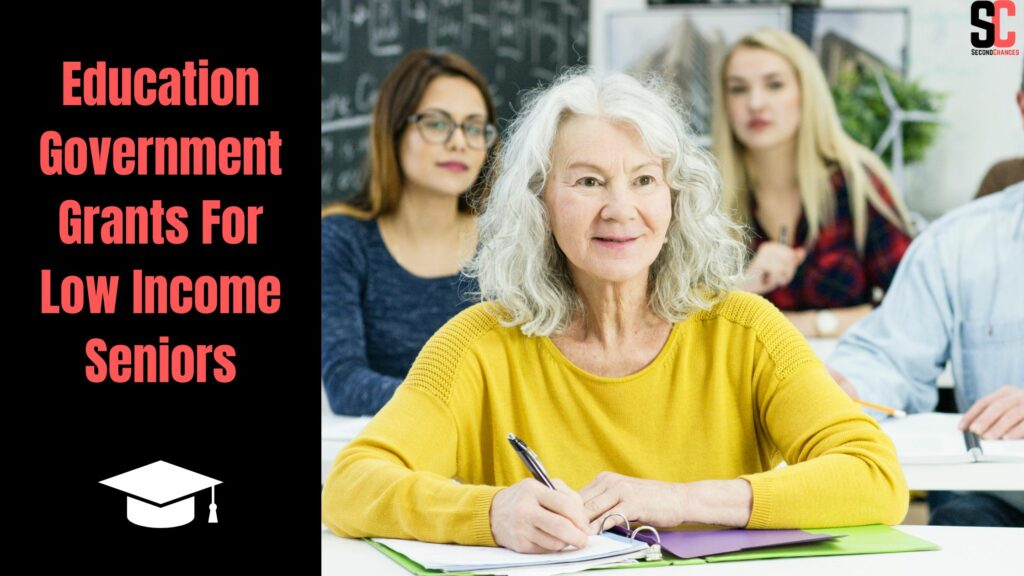
Federal Pell Grant
The federal Pell Grant program is an education grant program for seniors. It is funded by the Department of Education and promotes postsecondary education for low-income students.
The government offers this grant to low-income seniors who wish to pursue higher education for a career change or personal enrichment. The amount of your financial award will depend on your family contribution and the cost of attending your school.
AARP, American Association of Retired Persons
AARP is a nonprofit organization in the United States that supports middle-aged people throughout their lives. They provide a lot of educational assistance and scholarships.
This association, which has 40 million members, helps senior citizens with education. Senior citizens over 45 who need financial assistance can obtain a scholarship or grant.
Energy Government Grants For Low Income Seniors
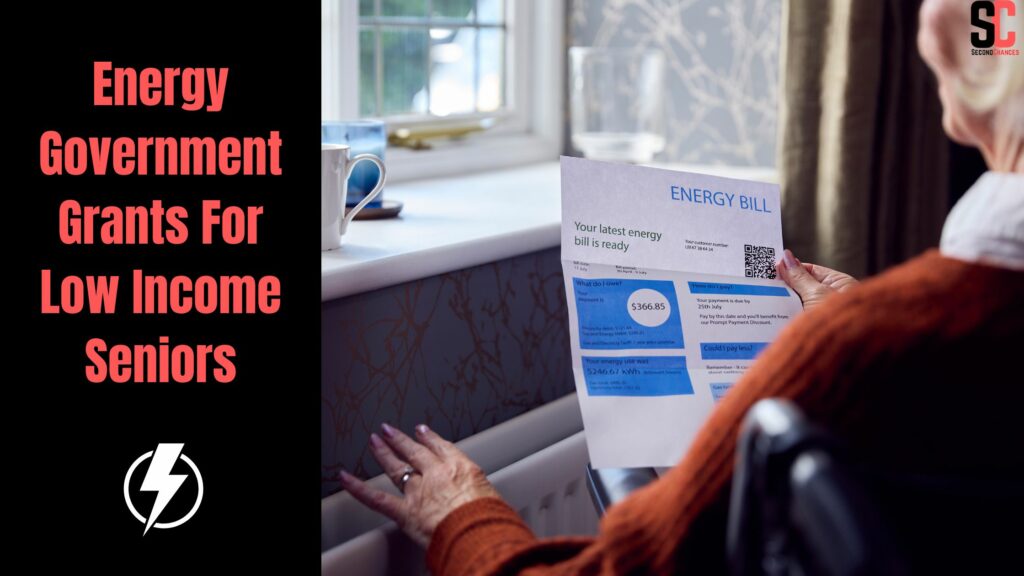
Low-Income Home Energy Assistance Program (LIHEAP)
As part of LIHEAP, grants are provided to states, territories, the District of Columbia, and tribes to assist qualified residents with their home heating and cooling expenses. There are also funds available to improve homes and apartments so that they are more energy efficient and reduce heating bills, in addition to helping with energy bills. There are different qualifications and application processes for each state’s LIHEAP program.
Weatherization Assistance Program (WAP)
The Weatherization Program For Seniors allows them to permanently reduce their energy bills. The program is available regardless of whether a person owns or rents a house, lives in a multifamily complex, or lives in a mobile home. The U.S. Department of Energy funds states U.S. overseas territories, and Indian tribal governments to manage the program’s day-to-day operations. The window replacement program for seniors ensures that older adults, especially those on social security, can maintain safe and energy-efficient homes.
Financial Government Grants For Low Income Seniors
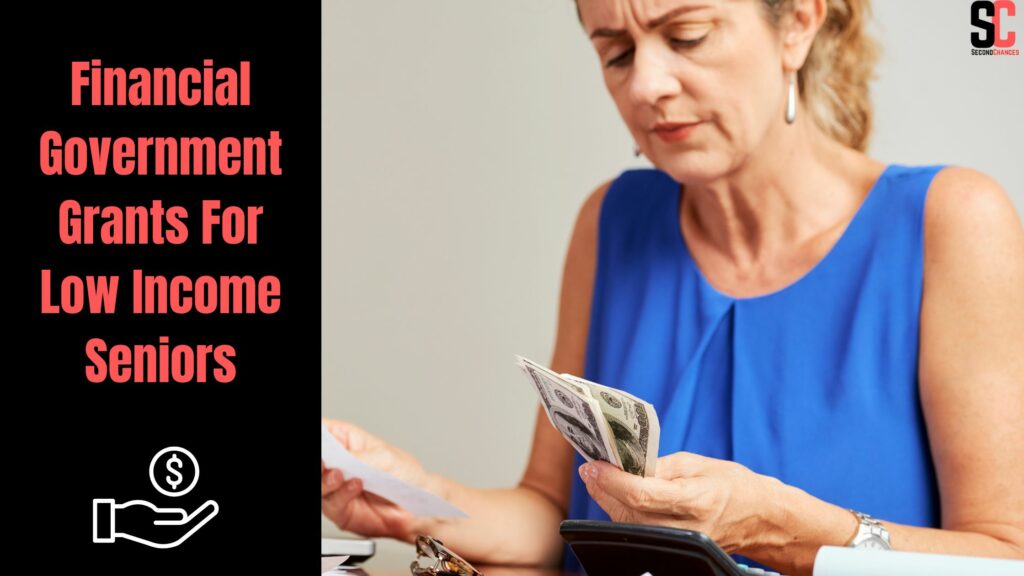
Supplemental Security Income Program
Government grants and financial assistance are available to disabled seniors in the United States. Senior citizens and individuals with disabilities who qualify for Supplemental Security Income can receive cash assistance.
Those with low incomes are eligible for this government grant that covers food, shelter, and clothing for the elderly, disabled, and blind. Government Grants For Low Income Seniors, SSI, provides cash assistance of $536 a month to 8.4 million people. There are around 7.3 million disabled, elderly, or blind people among them.
Temporary Assistance For Needy Families Program
The TANF program is managed by the United States Department of Health and Human Services. It provides time-limited cash assistance to low-income families to help them achieve self-sufficiency. Those who qualify for this grant include seniors, disabled people, and low-income families with children.
A noncash assistance program may also be available to eligible candidates for job training or child care services. A three-person household is eligible for $447 in monthly TANF assistance. This program provides financial assistance to low-income families based on their income, age, and household size. You can apply at your local Center for Health and Human Services of the U.S. Department of Health and Human Services.
Lifeline Program
This is a government-sponsored program that ensures that all Americans have access to the internet and telephone.
As an FCC program that was established in 1985, the program has undergone several reforms. Lifeline subsidies are now available for mobile phones, data services, broadband (high-speed), and bundled voice and internet services, in addition to home phone subsidies. A Lifeline Assistance Program can help low- and moderate-income seniors bypass financial barriers to obtaining a home phone, a mobile phone, and an internet connection.
Other Government Grants For Low Income Seniors
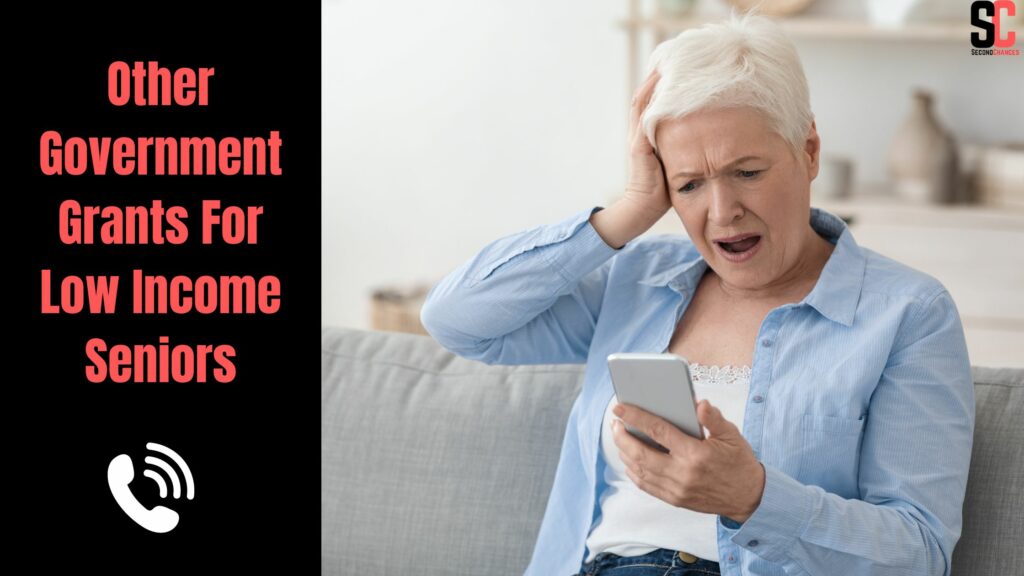
Other Government Grants for Low Income Seniors offered by the U.S. government can help seniors access services they may not otherwise be able to afford.
iCanConnect
The iCanConnect service helps seniors save money on communications costs they might otherwise be unable to afford. The program is geared toward seniors and individuals who have significant hearing and vision loss, and it provides them with equipment and technology that helps them maintain effective communication with friends and family. A range of devices are available through this program, including mobile phones, computers, braille devices, and signalers.
The iCanConnect program is administered by the states. You can apply for the program by contacting your local office. You can contact iCanConnect by calling (800) 825-4595 with questions about the program.
America the Beautiful Senior Pass
The America the Beautiful Senior Pass is a free, lifetime pass for U.S. citizens and permanent residents who are 65 or older, blind, or disabled. The pass holder, along with any accompanying passengers, has free access to all national parks. Seniors can obtain a Senior Pass at any entrance station at a federal recreation site.
Tax Credit for the Elderly and Disabled
Seniors and persons with disabilities who have adjusted gross income or income other than Social Security/disability that is below-specified income limits may be eligible to receive a taxpayer credit. From $3,750 to $7,500 can be claimed as a tax credit. Tax credits and other tax credit options are available at the nearest IRS office for seniors.
Elder Justice Initiative
Elder Justice Initiative provides legal assistance to seniors who are facing abuse, neglect, or financial fraud. The program, which the Department of Justice runs, helps older victims and their families get free legal assistance.
How To Apply for Government Grants For Low Income Seniors?
There may be differences between grant providers when it comes to how to apply for Government Grants For Low Income Seniors. For these grants, you can follow some general steps:
- Research and identify grant opportunities aligned with your elderly care services. To find funding for elderly care, search for grants from federal agencies, state programs, and nonprofit organizations.
- You should carefully review the application guidelines provided by the grant provider once you have identified potential grants. Be sure to pay attention to any specific instructions, deadlines, and documentation requirements.
- The grant application requires a number of documents, so gather the necessary ones. Documents such as financial statements, organization information, and project proposals may be requested by the application guidelines.
- Provide accurate and detailed information on the grant application form. Ensure all required sections are addressed, and all additional information is provided.
- The grant provider will provide instructions on how to submit the application. An application may be submitted online, mailed, or submitted through a specific application portal. Please ensure that your submission is on time.
- You should follow up with the grant provider to confirm receipt of your application after you submit it. Track your application’s progress and be prepared to provide any additional information needed.
- You can increase your chances of obtaining elderly care grants by understanding the eligibility criteria and following the application process.
The Role of Government Grants For Low Income Seniors?
A grant plays an important role in transforming elderly care by providing financial support to organizations, government agencies, and individuals. A variety of innovative programs, research initiatives, and infrastructure development will be supported through these grants.
The grants available to organizations can help them expand their services, improve caregiver training, upgrade their facilities, and adopt new technologies. The grants also enable researchers to develop new approaches and models of care, focusing on preventive measures, specialized treatment, and community-based interventions.
As a result of grants, funding gaps in elderly care can be bridged, and collaboration can be encouraged between different stakeholders. The organization promotes the sharing of knowledge, best practices, and research findings, which leads to improvements in the delivery of care and outcomes for older adults.
FAQs
How Many Government Grants For Low Income Seniors Are There In The United States?
United States senior citizens with low income can take advantage of a wide range of government grants, such as the TANF Program, Veterans Administration Healthcare, SNAP, Medicaid, and Medicare. In order to reduce their financial burden, low-income seniors should research government grants that match their needs.
How Can I Get Financial Assistance Immediately?
Low-income seniors can take advantage of several government grants during times of crisis. The USDA National Hunger Hotline can help low-income communities who are experiencing food insecurity. Additionally, if they are in need of housing assistance, they can apply for both the housing voucher program and the Housing For Seniors On Social Security.
The program is available to individuals with disabilities or older adults who need occasional assistance with daily tasks, meal preparation, and home maintenance.
Can I Apply For Multiple Government Grants For Low Income Seniors Program?
You are eligible to apply for multiple grant programs at the same time as long as you meet their eligibility requirements.
What Happens If I’m Not Eligible For Any of These Grant Programs?
In the event that you don’t qualify for any of these grants, there may be other options available that can assist you in paying for elderly care. Visit your local Area Agency on Aging or Eldercare Locator to find out what other resources are available to you.
What Qualifies Seniors For Section 202?
A household with at least one member who meets the minimum age requirement is eligible for Section 202. Section 202 is available to low-income seniors age 62 and older.
Conclusion
Caring for an aging relative can be challenging and expensive. However, grants can ease the burden of paying for elderly care. To provide the best possible care for your loved ones, research the available Government Grants for Low Income Seniors and apply for the ones you qualify for.

